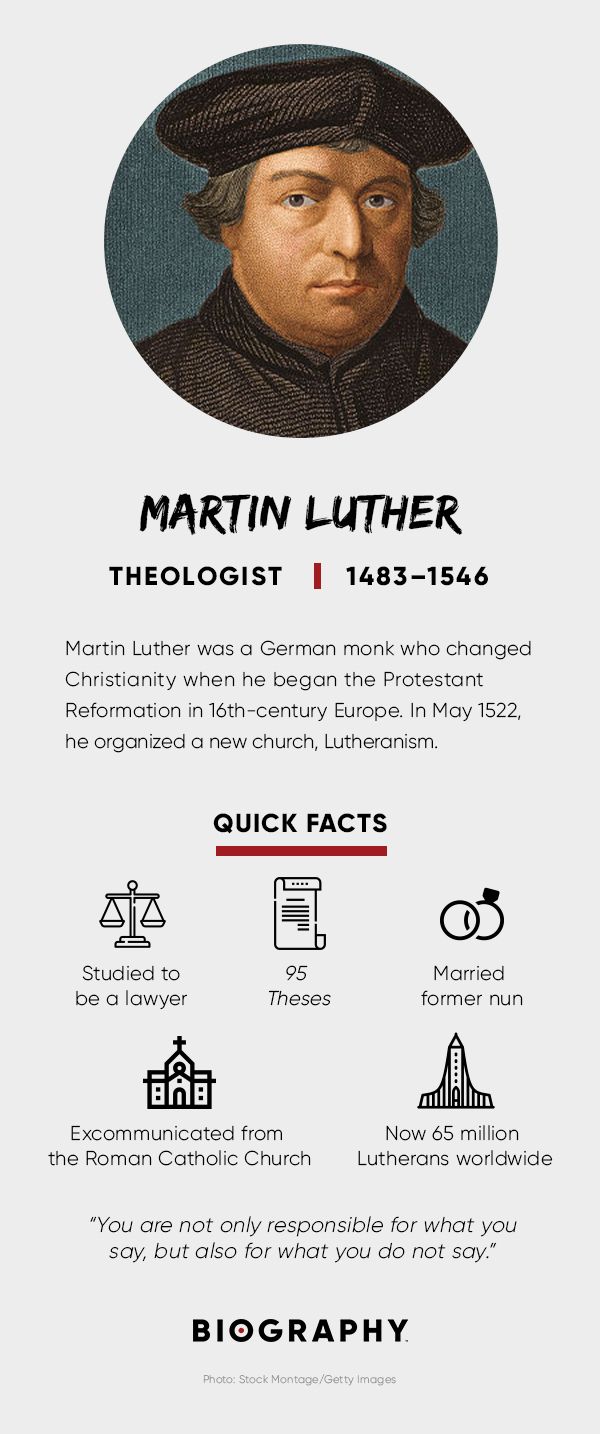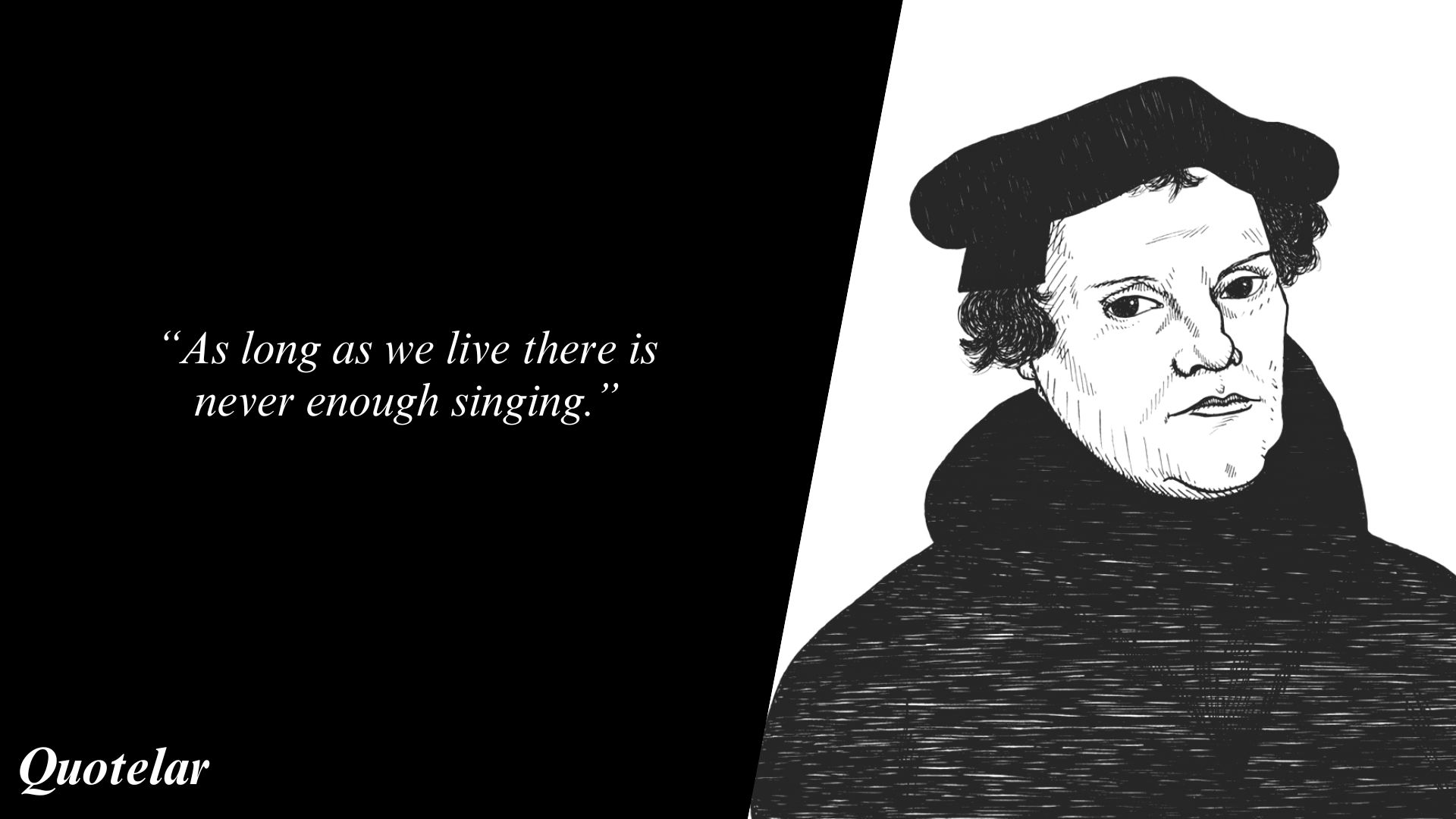
Hello and welcome! If you’ve ever been curious about the influential figure behind the **Protestant Reformation**, you’ve come to the perfect spot. Martin Luther was much more than just a monk; he was a groundbreaking thinker whose revolutionary ideas fundamentally transformed the landscape of **Christianity** as we know it today. His bold actions and writings challenged the established norms of the Church, sparking a movement that would lead to significant religious, cultural, and political changes across Europe and beyond. In this exploration, we will delve into Luther’s life story, examine his core beliefs, and discuss the profound impact he had on the world, shaping the future of faith and society in ways that still resonate today. Join us as we uncover the legacy of this remarkable man!
Who Was Martin Luther?

Born on **November 10, 1483**, in the small town of Eisleben, Germany, Martin Luther emerged as a pivotal figure in the history of Christianity, renowned for his profound influence as a theologian and religious reformer. His most significant contribution was his leadership role in the **Protestant Reformation**, a monumental movement that sought to address and rectify various practices and doctrines of the **Roman Catholic Church**. But what were the circumstances that propelled him onto this transformative path? Let’s delve deeper into his life and the events that shaped his beliefs.
### Early Life and Education
Luther’s upbringing was fairly typical for a boy of his time. His family relocated to **Mansfeld**, where his father earned a living in the copper-refining industry. As a child, Luther was sent to a **Latin school**, where he began to cultivate his education. He later enrolled at the **University of Erfurt**, where he immersed himself in the study of liberal arts. It was during this period that he developed a robust understanding of **Scholasticism**, a method of critical thought that was prevalent in medieval universities.
#### Turning Point: The Thunderstorm
A pivotal moment in Luther’s life occurred in 1505, during a fierce thunderstorm that would change his trajectory forever. While caught in the storm, he experienced a moment of sheer terror and desperation, leading him to make a solemn vow: if he survived, he would dedicate his life to the Church as a monk. This dramatic promise prompted him to abandon his studies in law, a field in which he had been excelling, and instead, he joined the **Order of the Hermits of St. Augustine**. This decision, made in a moment of fear, would ultimately set the stage for his later challenges to the established religious order and his quest for spiritual truth. Can you imagine making such a life-altering choice in the heat of the moment?
The Catalyst for Change

After embarking on his monastic journey, Martin Luther’s exploration of theology became increasingly profound. In 1507, he was ordained as a priest, marking the beginning of his formal teaching career at the **University of Wittenberg**. However, his experience as a monk and priest was not solely focused on personal spirituality; it ignited a critical examination of the very principles underpinning the Church’s authority and practices.
95 Theses: The Catalyst for Reformation
In the pivotal year of 1517, Luther took a bold step by nailing his **95 Theses** to the door of the church in Wittenberg. This influential document vehemently criticized various practices of the Church, with particular emphasis on the controversial sale of **indulgences**. The act was akin to igniting a fire in a dry forest—suddenly, discussions about reforming the Church erupted across Europe, capturing the attention of both the faithful and the skeptical.
What Were the 95 Theses?
The **95 Theses** outlined several key points that challenged the established norms of the Church. Here are a few of the most significant theses:
| Thesis Number | Key Point |
|---|---|
| 1 | Salvation is attained through faith alone, not through works. |
| 2 | The practice of selling indulgences does not have the power to absolve sin. |
| 3 | Only God possesses the authority to forgive sins, not the Church or its representatives. |
Luther’s theses sparked a movement that would ultimately lead to the Protestant Reformation, fundamentally altering the landscape of Christianity and challenging the Catholic Church’s long-held practices and beliefs.
Core Beliefs of Lutheranism

Martin Luther’s beliefs were foundational in establishing **Lutheranism**, which has become one of the most significant branches of **Protestantism**. His teachings introduced several key principles that challenged the existing religious norms of his time.
One of the most important tenets he advocated was **Sola Scriptura**, which asserts that the **Scripture** should be regarded as the ultimate authority in all matters of faith and practice. Luther’s emphasis on the Bible as the sole source of divine truth was revolutionary, as it rejected the established hierarchical structure of the Catholic Church. This shift empowered individuals, allowing them to read and interpret the Bible for themselves, fostering a more personal and direct relationship with God.
Another critical aspect of Luther’s theology is encapsulated in the concepts of **Sola Fide** and **Sola Gratia**. He taught that salvation is a divine gift from God that can only be received through **faith alone** (sola fide) and by **grace alone** (sola gratia). This perspective stood in stark contrast to the Catholic Church’s teachings, which emphasized the necessity of good works and rituals for achieving salvation. Luther’s insistence on faith and grace as the sole means of salvation not only redefined the understanding of redemption but also laid the groundwork for the broader Protestant Reformation, encouraging a movement towards personal faith and away from institutionalized religion.
The Edict of Worms

In 1521, Luther was summoned to the **Diet of Worms**, where he was declared a **heretic**. This was a pivotal moment; it was like being put on trial for your beliefs! Luther stood firm, famously stating, “Here I stand, I can do no other.”
Consequences of His Actions
His refusal to recant led to the **Edict of Worms**, which banned his writings and declared him an outlaw. But instead of silencing him, it only fueled the fire of the Reformation. Luther’s ideas spread like wildfire across Europe.
Luther’s Family Life

Interestingly, Luther didn’t just focus on theology; he also had a family. In 1525, he married **Katherina von Bora**, a former nun. Their marriage was radical for the time, showcasing Luther’s belief in the **priesthood of all believers**.
Raising a Family
Luther and Katherina had six children together. Their home life was filled with love and laughter, but it wasn’t without tragedy. The death of their daughter, **Magdalene**, deeply affected Luther, shaping his later writings on mortality and faith.
The Impact of Luther’s Teachings

Martin Luther’s influence extended far beyond the church. His ideas sparked social and political movements, including the **Peasants’ War** and the rise of **capitalism**. His translation of the Bible into German made it accessible to the masses, changing the landscape of the **German language** forever.
Legacy in Modern Christianity
Today, Lutheranism boasts over **65 million adherents** worldwide. Luther’s emphasis on personal faith and the authority of Scripture continues to resonate with many Christians. Isn’t it fascinating how one man’s beliefs can shape an entire movement?

Martin Luther was more than just a monk; he was a revolutionary who dared to challenge the status quo. His teachings laid the foundation for modern **Protestantism** and continue to influence millions today. So, the next time you think about the impact of faith on society, remember Luther’s courage to stand up for what he believed in. What do you think would have happened if he hadn’t taken that bold step?

